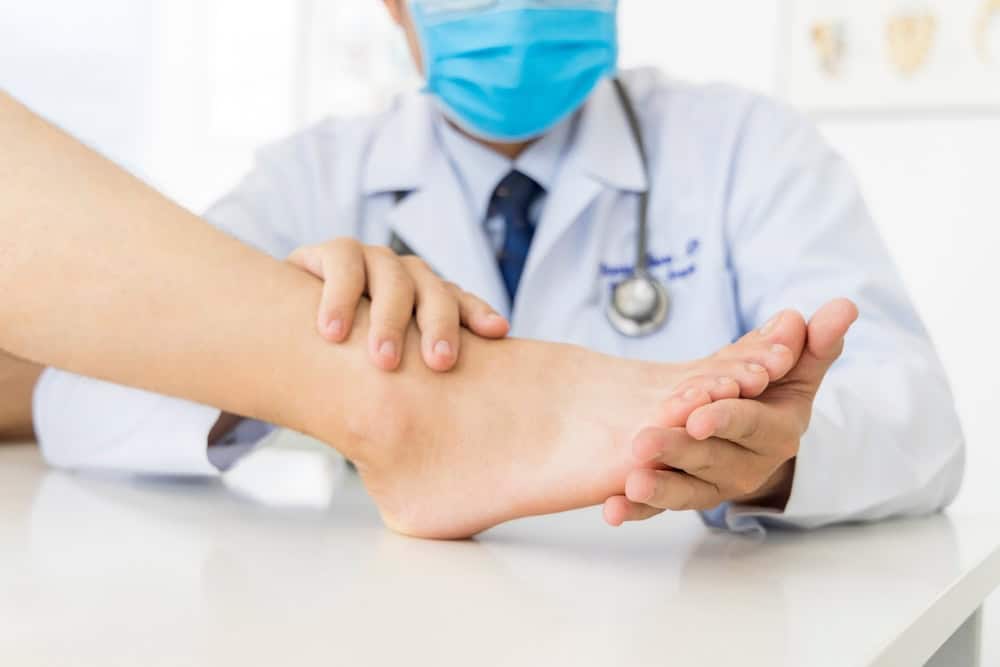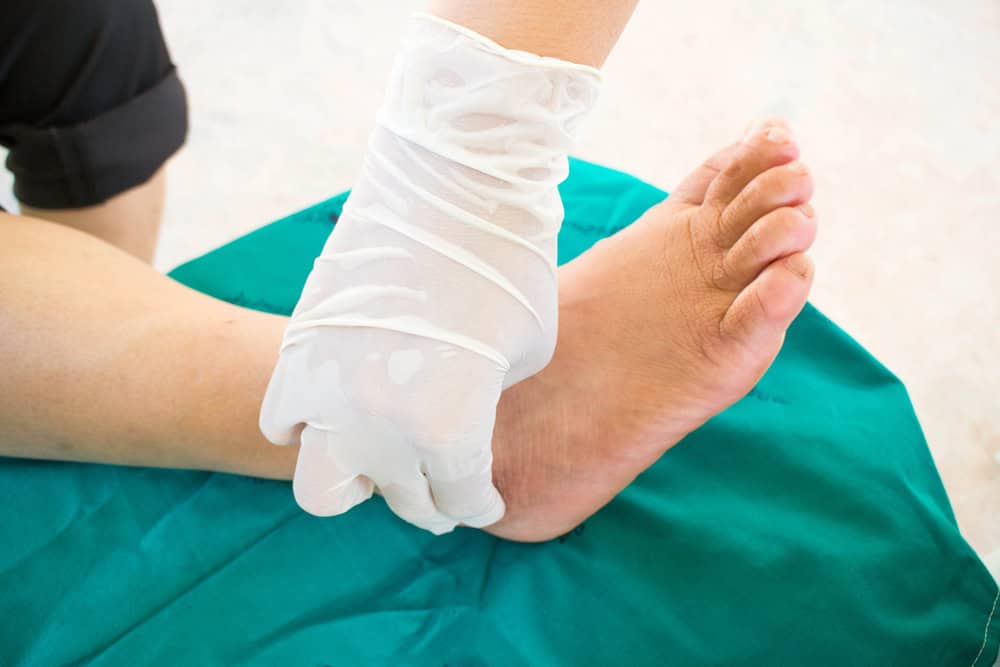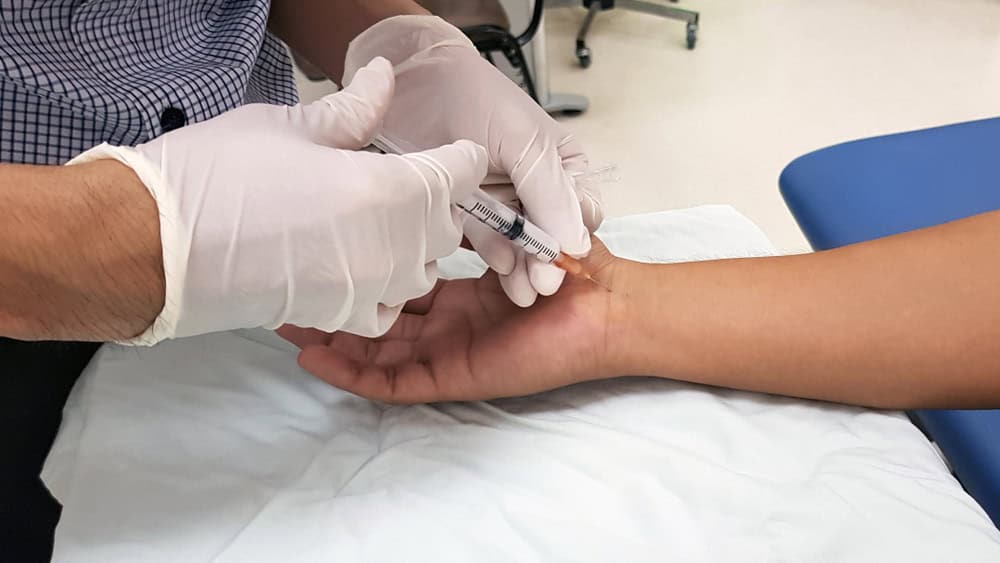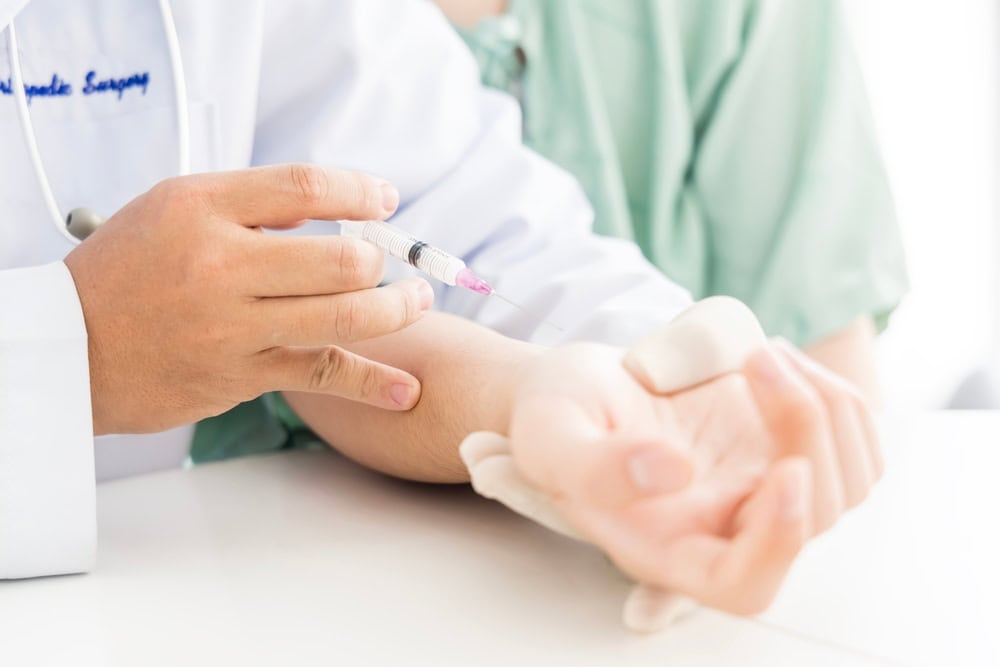Stop struggling with chronic nerve pain. Our neuropathy doctor in Key Biscayne, FL provides solutions to reduce discomfort and improve mobility. Whether dealing with peripheral neuropathy or seeking nerve damage treatment, NY Spine Medicine can help you find long-term relief.

Reviews

At NY Spine Medicine, we specialize in providing neuropathy treatment in Miami-Dade County, helping patients find relief from nerve pain. Our neuropathy specialists use advanced diagnostic tools and therapies to treat peripheral neuropathy, chronic nerve pain, and nerve damage treatment options tailored to individual needs.
Our neuropathy treatment center utilizes a variety of approaches, such as nerve conduction studies, electromyography (EMG), TENS therapy, physical therapy, and medication management to target nerve pain at its source. If you’re dealing with chronic nerve pain treatment, our Key Biscayne, FL neuropathy doctor can assist you with restoring your quality of life.


Ready to get started?
Nerve pain shouldn’t hold you back. At NY Spine Medicine, a full-service neuropathy treatment center in Miami-Dade County, we provide solutions to manage peripheral neuropathy, restore mobility, and ease discomfort. Whether you need nerve damage treatment or ongoing chronic nerve pain treatment, we’re here to help.
Don’t let neuropathy impact your daily life. Our neuropathy specialists use advanced therapies to improve function and reduce pain. Schedule an appointment with our Key Biscayne, FL neuropathy doctor today to explore your treatment options and start feeling better.

While there had been earlier schemes to develop a town on Key Biscayne, it wasn’t until the opening of the 4-mile-long (6.4 km) Rickenbacker Causeway from Miami to Virginia Key and on to Key Biscayne in 1947 that the island was opened up to large-scale residential development. The northern two-thirds of the island had been operated as the largest coconut plantation in the continental United States during the first half of the 20th century. In 1940 the Matheson family donated over 800 acres (3.2 km2) of their land to Dade County for a public park (Crandon Park) in exchange for a commitment that the county would build a causeway to the island. The remaining Matheson property, stretching across the middle of the island, was then sold off to developers. Starting in 1951, the Mackle Construction Company offered new homes on the island for US$9,540, with just US$500 down. A U.S. Post Office contract branch was opened, the Community Church started holding services in an old coconut-husking shed, and the Key Biscayne Elementary School opened in 1952.
The southern third of Key Biscayne, which included Cape Florida, was owned by James Deering and, after his death, by his brother Charles, for 35 years. In 1948 José Manuel Áleman, a Cuban politician in exile, bought the Cape Florida property from the Deering estate. After Áleman died in 1951, his widow, Elena Santeiro Garcia, added to her Cape Florida property by buying an ocean-to-bay strip that had been part of the Matheson property. This strip included a canal that had been dug by William Matheson in the 1920s, and which extended from the bay across most of the island. The land north of this canal was developed as part of what is now the Village of Key Biscayne. Garcia sold the Cape Florida property in 1966 to the state of Florida. This land became Bill Baggs Cape Florida State Park, which opened January 1, 1967.
U.S. President Richard Nixon purchased the first of his three waterfront homes, forming a compound known as the Florida White House, in 1969 to be close to his close friend and confidant Bebe Rebozo and industrialist Robert Abplanalp (inventor of the modern spray can valve). Bebe Rebozo, owner of the Key Biscayne Bank, was indicted for laundering a $100,000 donation from Howard Hughes to the Nixon election campaign. President Kennedy and Nixon met for the first time after the 1960 election loss by Nixon in an oceanfront villa at the old Key Biscayne Hotel. Plans for the Watergate break-in at Democratic headquarters were discussed at the Key Biscayne Nixon compound and, as the Watergate scandal unfolded, Nixon spent more time in seclusion there. Nixon visited Key Biscayne more than 50 times between 1969 and 1973. The U.S. Department of Defense spent $400,000 constructing a helicopter landing pad in Biscayne Bay adjacent to the Nixon compound, and when Nixon sold his property, including the helicopter pad, there were public accusations that he enriched himself at taxpayer expense.
Learn more about Key Biscayne.Local Resources
New York:
Florida:
Support